Why You Need a Masonry Specialist for Your Historic Home Remodel in Philadelphia
APS delivers expert masonry restoration services that preserve structural integrity and restore historic masonry across Philadelphia.
8 min read
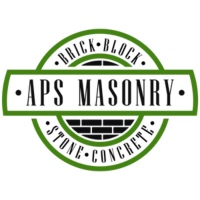 Alec Serowatka
:
Oct 10, 2025 10:07:00 AM
Alec Serowatka
:
Oct 10, 2025 10:07:00 AM
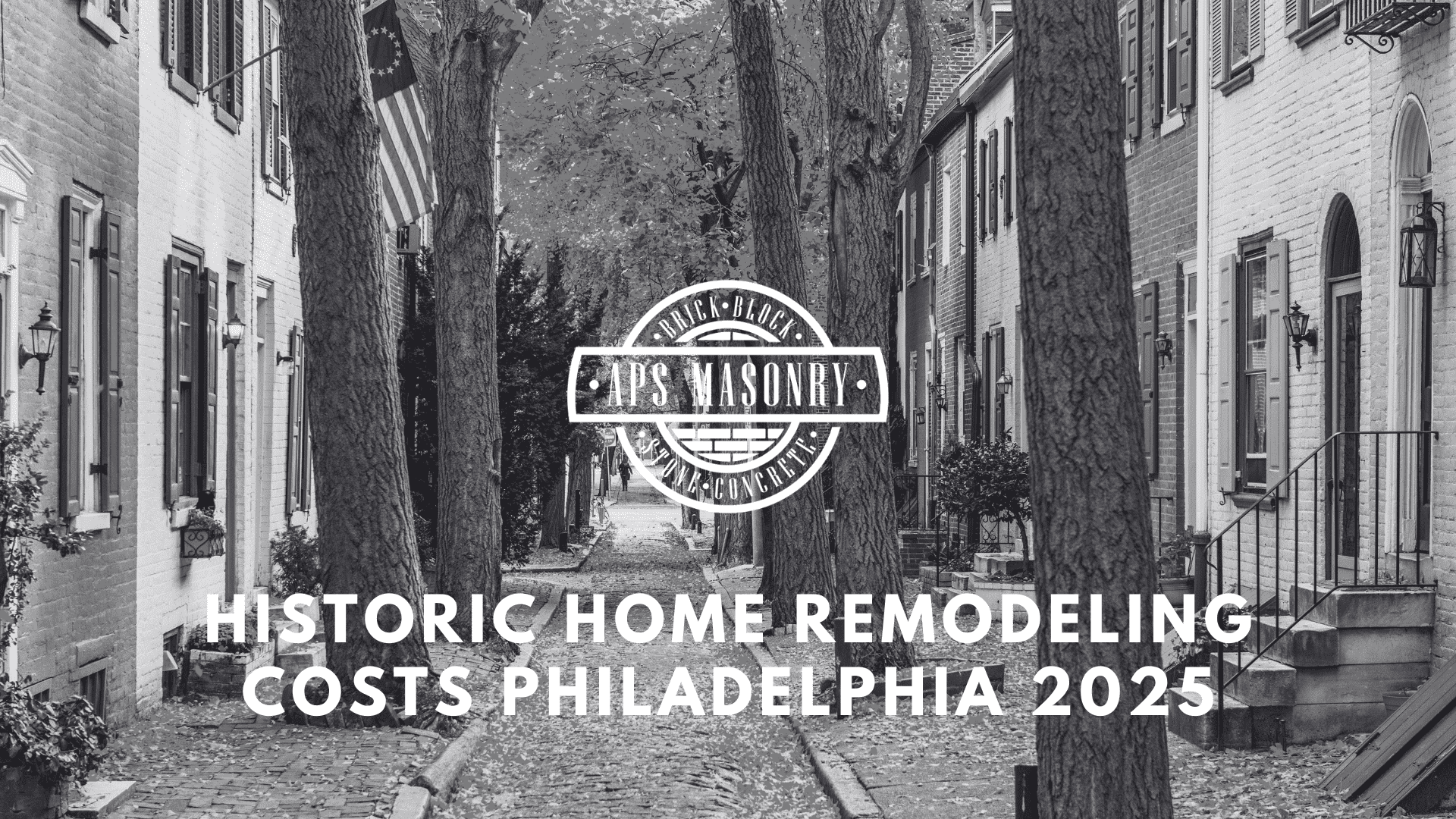
Remodeling your historic Philadelphia home in 2025 just got easier (and cheaper).
From Society Hill to Mount Airy, homeowners across Philadelphia are investing in their older properties, turning worn-out kitchens, cramped bathrooms, and drafty living spaces into dream homes that preserve the past while embracing modern living. But let’s face it: historic home remodeling costs in Philadelphia in 2025 can feel intimidating. That’s why we’re breaking it down room-by-room, showing you how to make every dollar count.
A full kitchen renovation might run over $60K, but did you know a high-end appliance upgrade alone costs nearly half that? Or that a shower conversion in a historic bathroom might be $12K, making a full bathroom renovation (starting at $22K) a smarter long-term move? We’re comparing real remodel costs, calling out unexpected expenses, and giving you local tips to help you plan a successful renovation, whether you're doing a gut renovation or just fixing your floor plan. Welcome to your roadmap for remodeling a historic property without blowing your renovation budget.
The kitchen is often the first space Philly homeowners tackle and in historic properties, it’s where utility meets beauty. In 2025, a kitchen renovation in a historic property ranges from $22,000 to $65,000+, depending on project scope, layout changes, and finishes. That might sound steep, but here’s the twist: many homeowners spend up to $15,000 just replacing new appliances, upgrading lighting, and swapping outdated cabinets. At that point, you’re nearly halfway to a fully reimagined kitchen that honors your home’s original bones and boosts your property value long-term.
If your rowhome in South Philly or brownstone in Fairmount still has outdated electrical systems, knob-and-tube wiring, or plaster walls hiding deteriorating plumbing, those upgrades become essential, not optional. And with custom cabinetry, energy efficient appliances, and improved floor plan flow, the leap from “just fixing the stove” to a full remodel feels less like a splurge and more like a smart investment in your daily life.

Insider Tip: In neighborhoods like East Passyunk and Chestnut Hill, many homeowners find that combining floor plan changes with electrical upgrades and new HVAC system installs during a gut renovation is more efficient and boosts resale. Always build a contingency fund of 15% to cover unexpected costs like brick wall rerouting or plaster restoration.
Bathrooms in Philadelphia’s historic homes found in Queen Village, Northern Liberties, or Germantown carry their own charm: original tile, clawfoot tubs, and period vanities. But behind the beauty often lurk hidden challenges like lead paint, outdated plumbing, and electrical work that’s far from modern code. In 2025, a bathroom renovation in a historic property runs between $10,000 and $35,000+, depending on project scope, square footage, and the need for structural improvements.
Many homeowners initially plan to “just change the shower” or swap fixtures to save money. But a single shower conversion with custom tile can cost $8,000–$14,000, and it often leaves outdated wiring, subfloor damage, or old plumbing lines untouched. At that point, you’re nearly halfway to a full bathroom remodel that not only solves hidden problems but increases your home’s property value and makes everyday living far more comfortable.

In older Philly homes, a bathroom “refresh” can seem like a budget-friendly idea, but failing to address outdated electrical systems, hidden leaks, or poor ventilation almost always leads to higher costs later. A complete bathroom renovation allows you to integrate energy-efficient windows, upgrade wiring, and reconfigure your floor plan to make a small space feel modern without losing its period character.
Insider Tip: Shop at Philadelphia Salvage or ReStore Philly for authentic period fixtures like clawfoot tubs, vintage tile, and mirrors. You’ll keep the historic feel while slashing material costs and free up budget for critical hidden work like waterproofing or relocating plumbing lines.
Living areas in historic homes throughout Philadelphia often lack the functionality today’s homeowners expect. Original floor plans feel closed off. Outdated materials and aging systems lead to discomfort and rising costs. That’s where a focused house renovation makes a real impact.
In 2025, remodeling your living space ranges from $10,000 to $40,000+, depending on the square footage, the scope of structural changes, and whether you're making cosmetic upgrades or completing a gut renovation. Homeowners may initially plan to refinish floors or add lighting, but without rethinking the existing space, improving electrical work, or adjusting the floor plan, those smaller projects may fall short. A well-planned renovation improves flow, comfort, and property value, while reducing alternate living expenses like inefficient heating or cooling.
Before:
Cramped rooms, awkward floor plan
Drafty windows and poor airflow
Uneven floors, worn trim
Outdated outlets, poor lighting
After:
Open concept with improved layout
New HVAC system and energy efficient windows
Refinished hardwood flooring, updated finishes
Upgraded electrical work with better functionality
These changes not only modernize your space, they preserve the historic feel while adapting it to daily use. Reconfiguring your entire house can also eliminate the need for expensive additions by maximizing what's already there.
Insider tip: In many older homes, knocking down a load bearing wall during your renovation project opens up your layout and increases usable space, without adding square footage. Working with a trusted general contractor familiar with Philadelphia’s historic housing stock helps you manage unexpected costs and avoid expensive structural errors. Don’t underestimate how a simple change in layout improves the feel of the entire house.

The structural integrity of a historic home starts below ground. In neighborhoods like Brewerytown, West Philly, and Mt. Airy, aging stone and brick foundations often show signs of shifting, settling, and water intrusion. A solid foundation repair plan is essential, not just for safety, but for protecting your long-term investment.
In 2025, basement renovations and structural repairs in Philadelphia historic homes typically range from $15,000 to $50,000 or more. Factors that influence the total cost include the severity of cracks, moisture issues, accessibility, and how much finishing work you want above the repairs. While some homeowners consider doing a basic patch job, problems with the load bearing wall, outdated drainage systems, or compromised masonry often require more than surface-level solutions. A finished basement done right adds usable living space, improves property value, and eliminates recurring moisture problems that can lead to costly issues down the line.

If you're spending $15,000–$20,000 every few years on repeat water mitigation, a full gut renovation with drainage, insulation, and structural upgrades becomes a smarter long-term investment.
Insider Tip: Many Philadelphia homeowners overlook how much money can be saved by addressing moisture before remodeling. Upgrading downspouts, redirecting runoff, or applying perimeter drainage systems during a renovation project often reduces the need for more invasive foundation repair later. When paired with energy efficient windows and insulation, you’ll also see savings on your HVAC system and heating costs.

Include a contingency fund of 15–20% in your renovation budget for potential surprises like lead paint, rot, or crumbling substructure. Older homes often reveal hidden issues once demolition begins, so preparing for unexpected costs protects your timeline and your finances.
Philadelphia’s historic homes are defined by their brick facades, stone lintels, original cornices, and centuries-old mortar joints. But time, moisture, and shifting foundations take a toll. In 2025, exterior renovations and masonry repair projects range from $5,000 for minor repointing to over $40,000 for full-scale structural restoration. For homeowners preserving a historic property, this work isn’t just cosmetic, it’s essential to maintain structural integrity, protect interiors, and preserve long-term property value.
The average cost of these projects depends on the square footage of masonry that needs repair, the height and accessibility of the home, and any specialized materials or finishes required to meet Philadelphia Historical Commission standards. If your renovation involves rebuilding walls, replacing sills, or correcting severe foundation repair issues, your total project cost can escalate quickly. This is why many homeowners choose to include exterior siding, drainage improvements, and lintel replacements as part of a larger whole house renovation.

Larger projects that require scaffolding, high-lift equipment, or specialty artisans will naturally come with higher costs, especially when matching historic stone or replicating original brick patterns.
Insider tip: For many older homes, simple exterior renovations like repointing brick, replacing cracked sills, or updating exterior siding can dramatically improve curb appeal without a full gut renovation. Homeowners in neighborhoods like Graduate Hospital and Fairmount often begin with facade improvements before addressing interior spaces, which helps boost resale value while staying within a manageable renovation budget.
If your renovation project includes both interior and exterior work, coordinate schedules to reduce labor duplication and save money on equipment and cleanup.
If you've never dealt with Philadelphia city permits, congratulations. Keep it that way. Between the Philadelphia Historical Commission, L&I (Licenses & Inspections), and neighborhood-specific zoning boards, getting approval to touch your own house can feel like a full-time job. Now add the pressure of trying to find period-appropriate windows, or explain to a city inspector why your 1901 brick wall doesn’t perfectly match current codes.
We’ve seen it all: permit reviews that drag for 8+ weeks, historic review committees that ask for new renderings after you already bought the materials, and multi-step applications that can add thousands in permit costs before work even begins. The fees themselves ($1,000 to $3,000) aren’t the worst part. It’s the time, the emails, the forms, the waiting, and the six different departments that may or may not talk to each other.
Homeowners who try to manage preservation compliance on their own often underestimate the complexity. And while you could spend your weekends chasing signatures and scheduling inspections, wouldn’t you rather be planning the fun parts of your renovation, like choosing tile, not battling bureaucracy?
This is where working with qualified and specialized historic homes contractors isn’t just helpful, it’s essential. We know the process, the people, and the most efficient way through the system. We budget for permit costs and delays from day one, so your renovation project doesn’t get buried in red tape.
Historic home renovation projects in Philly aren’t for the faint of heart. Between dealing with 100-year-old wiring, city permit chaos, and the “surprises” hiding behind every plaster wall, doing it yourself isn’t saving money, it’s draining time, patience, and probably your relationship.
APS Masonry Contracting is here to take the weight off your shoulders. We manage the entire renovation process from layout to finish, handling kitchens, bathrooms, basements, exteriors, and everything in between so your historic home doesn’t turn into a never-ending project. We know the local market, we respect your budget, and we’re not here to upsell, we’re here to deliver.
Experienced Team – We’ve seen what’s behind Philly’s walls, and we’re still here.
High-Quality Work – No shortcuts. Just skilled tradespeople using the best materials.
Customer Focused – Your vision, your budget, your timeline.
Reliable Service – We finish what we start: on time, on budget, no excuses.
A gut renovation means starting fresh: stripping everything down to the bones: walls, floors, systems, so we can rebuild with confidence. It’s not for everyone, but for homes with major structural issues or outdated systems, it’s the cleanest path to a long-lasting result. Not sure if your project needs it? That’s what we’re here for. APS offers honest, experienced guidance on when a full rebuild makes sense and when it doesn’t.
We hesitate to throw out a blanket number for the whole home renovation cost because every project is different and frankly, you deserve more than a guess. That said, APS offers free consultations to help you understand the range based on your home’s condition, goals, and layout. Whether it’s a whole house remodel, a full facelift, or a complete gut renovation, we’ll walk you through the process and tailor the scope to your budget.
In most old houses, yes. Replacing outdated electrical work is one of the smartest things you can do during a home renovation. It’s safer, more efficient, and gives you modern lighting, outlets, and appliances that actually keep up with daily life. APS will evaluate your system and upgrade it as part of the project, no guesswork, no surprises.
At APS, we plan for the things you can’t see, like water damage inside walls or foundation cracks. That’s why every proposal includes a contingency fund recommendation to help with handling unexpected costs. Our team will walk you through potential problem areas during your initial walkthrough, so you're not blindsided halfway through your project.
Absolutely. We’ve helped plenty of Philly homeowners install central air conditioning in homes that were built long before ductwork was standard. Whether we’re working with mini-duct systems, soffits, or a layout-friendly complete gut renovation, we’ll help you find a cooling system that fits your lifestyle and your historic structure.
Strategic decisions go a long way. Use budget friendly materials in low-traffic areas, refinish instead of replacing when it makes sense, and stick to your home renovation goals without letting feature creep derail the plan. APS helps you prioritize what matters so you get the most from your remodeling project, not just in savings, but in long-term livability.
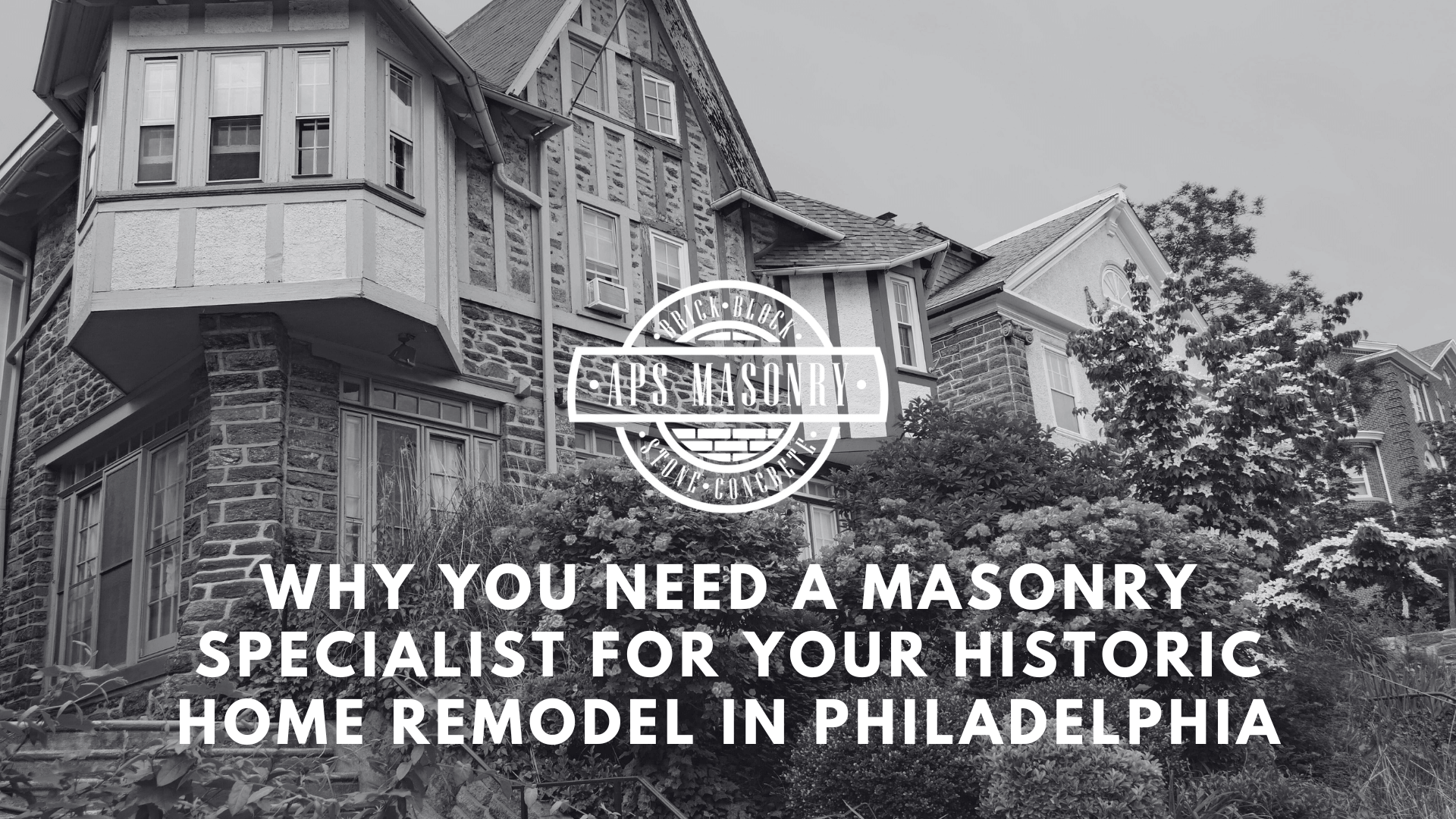
APS delivers expert masonry restoration services that preserve structural integrity and restore historic masonry across Philadelphia.
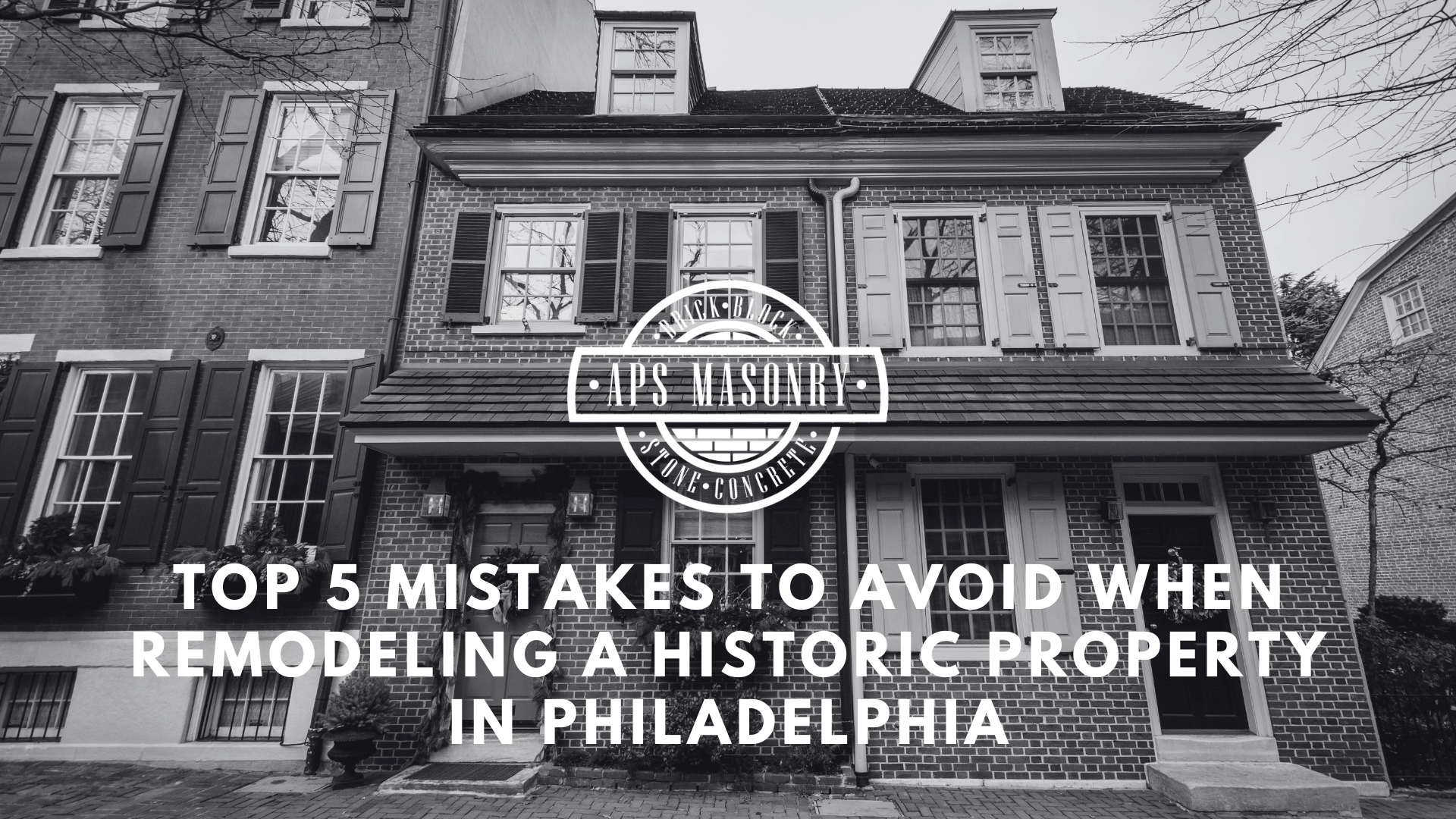
Historic preservation demands more than surface work. Philadelphia Property Owners Can protect historic character and future value.
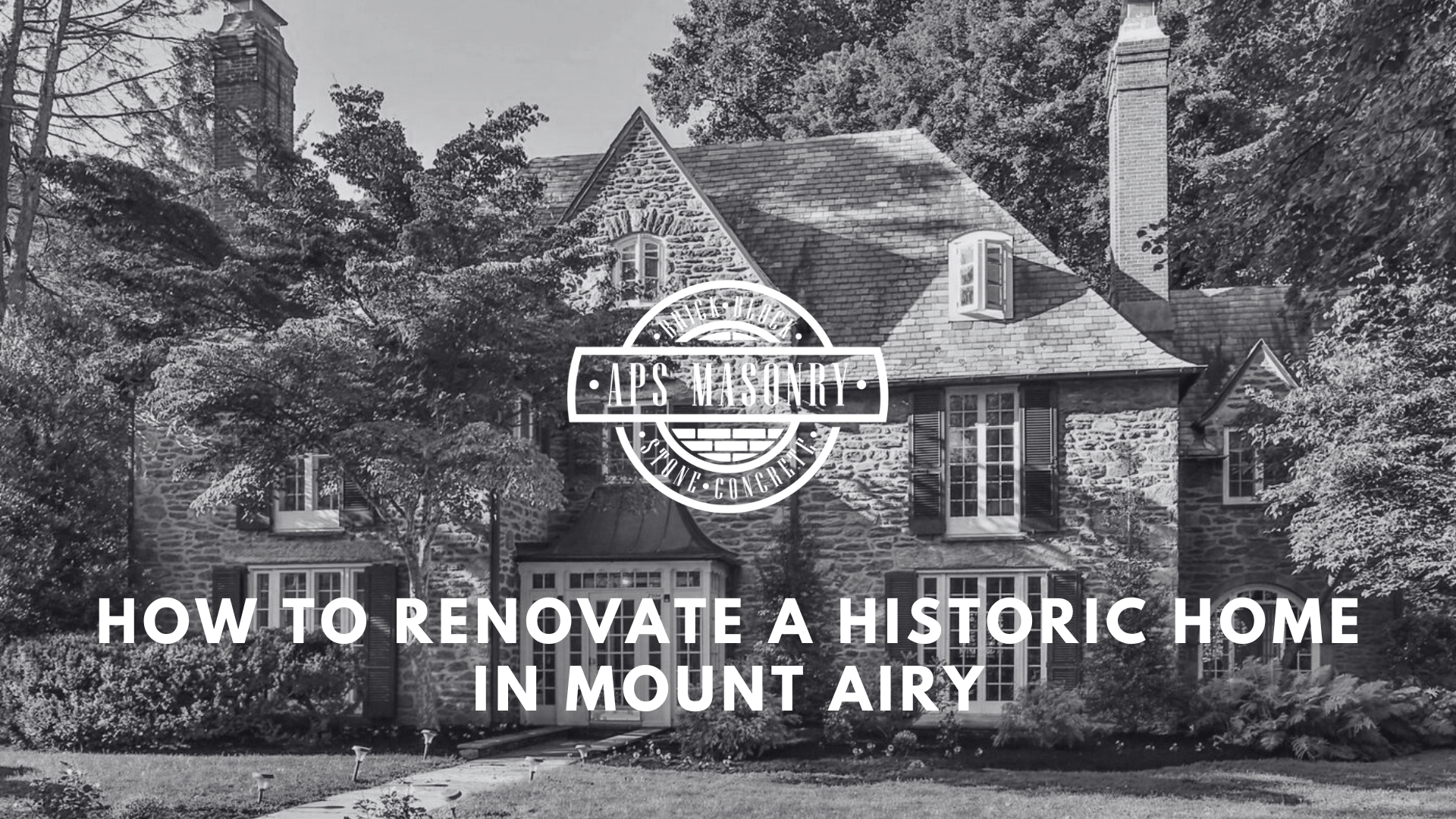
Historic home renovations in Mount Airy require expertise, planning, and respect for original details and community character.